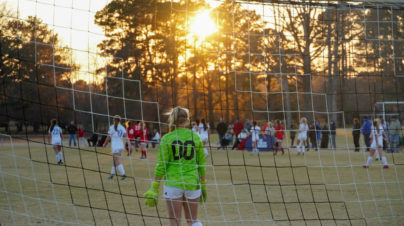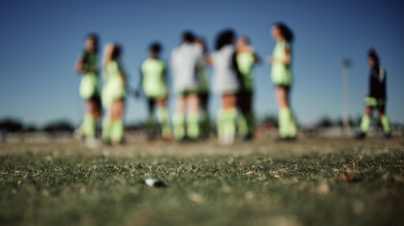Parents: A young soccer player’s brain is working against them, not for them!
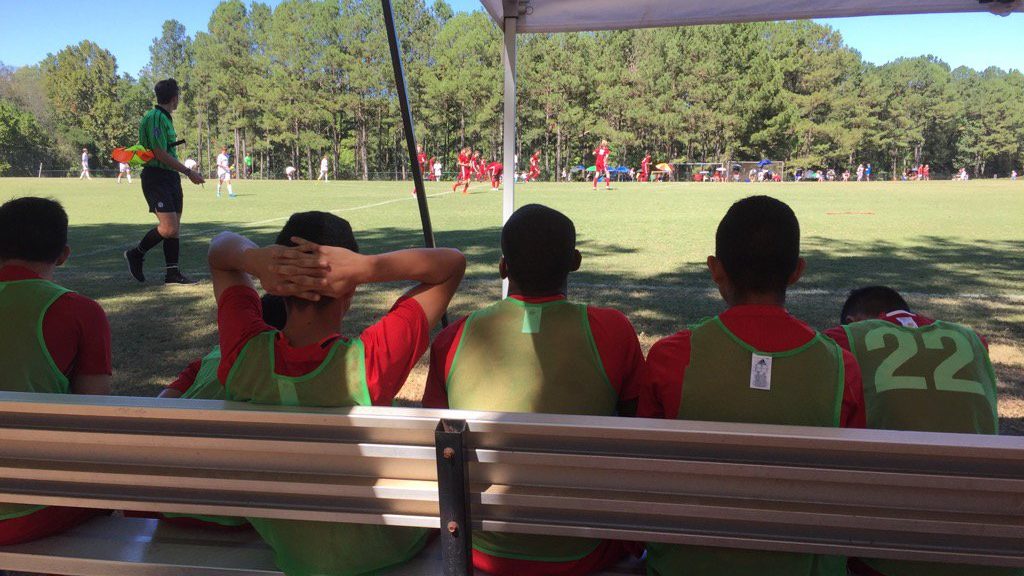
By Coach Gad Espinosa
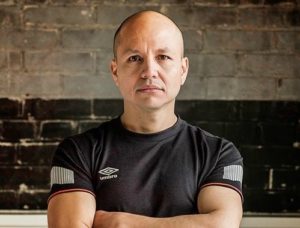 Editor’s Note: This article outlines Step 2 in Coach Gad’s series for youth soccer parents on ‘5 Steps Your Soccer Player Must Take to be More Confident, Focused and Resilient‘.
Editor’s Note: This article outlines Step 2 in Coach Gad’s series for youth soccer parents on ‘5 Steps Your Soccer Player Must Take to be More Confident, Focused and Resilient‘.
Parents, did you know that your child’s brain is working against them to succeed in soccer? When I first learned about this concept, it blew me away, but it made perfect sense based on my own athletic experience.
Let me explain this further. Our brain has only one job to do. Can you guess what that is? Its only job is to keep you alive, and because of this, our brain makes automatic (subconscious) decisions for us.
Our brain has anywhere between 50,000 to 80,000 of these automatic thoughts per day, and they’re vital. It manages our heartbeats to make sure that we breathe, ensures digestion of our food and even helps us walk! We don’t stop and think about moving our right or left leg, it just happens.
Our brain is making these automatic decisions to keep us calm, relaxed and stress-free.
My question to you is this: How often during a competitive soccer game is a young player calm, relaxed, happy and stress-free? When I ask this question to a team I get two quick answers:
1) Never, Coach Gad, I’m always worried about something, or 2) Hardly ever, if we’re up by a lot with almost no time left, then maybe.
And that is 100% true. A young soccer player is hardly ever calm, relaxed and stress-free leading up to a competitive match, and especially during one.
Let me give you an example that I’m sure many players have gone through.
It’s the last minute of the game against a big rival team, the score is tied and unfortunately, your child makes a mistake that leads to the game-winning goal by the other team.
How do you think your child will be feeling after the game? I get answers like sad, angry, embarrassed, ashamed and disappointed. All of the se are perfectly valid responses to what happened.
Your child’s brain stores that memory for future use to keep him or her safe and alive. It says: “Today, against this team, this happened and I felt all these negative emotions.”
Now, what do you think the brain’s subconscious (automatic) thinking part is going to say to your child the next time they’re playing the team that they lost to because of their mistake?
It’s going to say something like this: “Why do you want to do this? This is stressful! Remember what happened last time? What if you make a mistake again?”
It then literally begins to shut down. It doesn’t give your child access to clean and smooth decision-making because of this subconscious worry and fear.
So your child goes to the game technically and physically ready, but they’re not prepared psychologically. No matter how hard they try, they won’t be able to play at their full potential.
They might still play fine, maybe even great, but the goal should be to maximize their full potential. They will never be able to do this until they learn how to have their brain working for them, instead of against them.
Step #2 in becoming a more confident player is understanding that the brain in its natural state is not working for an athlete, but against him or her.
That way, they will be proactive in making the necessary changes to get their brain on their side. We will begin to tackle this in Step #3 in the next article, or you can pick up my free guide below.
P.S. – Be sure to pick up my free guide ‘4 Keys to Your Soccer Player Needs to Make ASAP! (To gain confidence, focus and resiliency) by CLICKING HERE! – This starts with the brain-training process.
—————
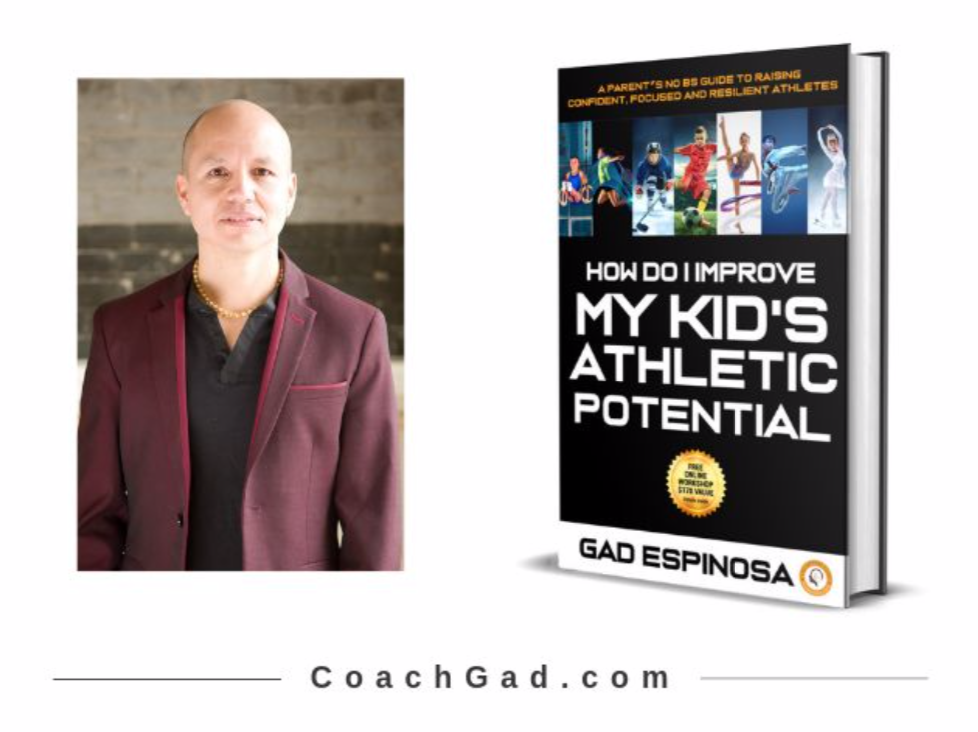 Gad Espinosa is a certified Mental Skills Coach, author, speaker and founder of the Mental Toughness Academy. He’s been interviewed in numerous newspapers, radio shows and podcasts. As a former professional athlete, who has represented his country internationally, a college Head Coach and father of two high-performance athletes Gad’s unique perspective allowed him to create the ‘Mentally Tough Athlete’ coaching program.
Gad Espinosa is a certified Mental Skills Coach, author, speaker and founder of the Mental Toughness Academy. He’s been interviewed in numerous newspapers, radio shows and podcasts. As a former professional athlete, who has represented his country internationally, a college Head Coach and father of two high-performance athletes Gad’s unique perspective allowed him to create the ‘Mentally Tough Athlete’ coaching program.
Clients include athletes and teams at all levels, from those just starting their athletic careers to full-time professional athletes and others who have gone on to represent their country and succeed at World Championships and Olympic Games.
Gad is passionate about helping athletes and teams discover mental strength breakthroughs that allow them to maximize their potential development not just in the quality of their athletic performances, but also in their life satisfaction and overall well-being.
SOCCERWIRE MARKETPLACE
- FC Bayern Soccer Camps - $30 PROMO CODE: BMSOCCERWIRE
- Real Colorado Cup 2026
- Join a College Coaches Showcase Camp Today
- MICFootball Punta Cana 2026
- Dana Cup Hjørring 2026
- 15th Annual Loudoun Soccer College Showcase
- OFFICIAL FC BARCELONA SOCCER CAMPS - PROMO CODE: FCBSOCCERWIRE
- New England Copa Surf 2026
- Adidas National Cup 2026
- Boston International Cup Memorial Day 2026


